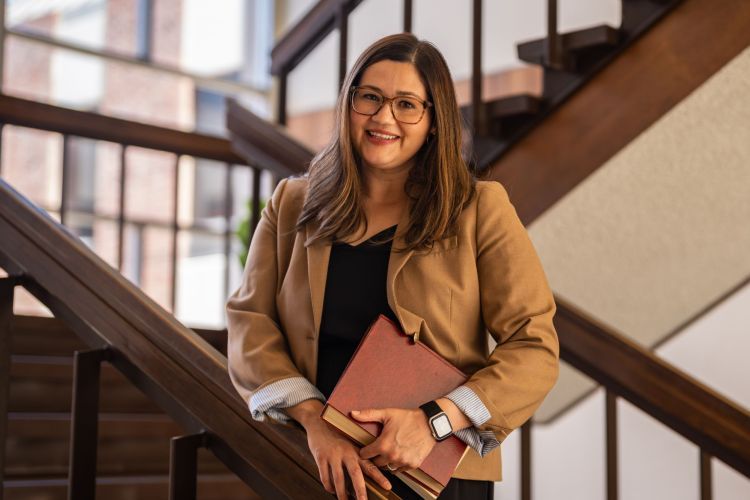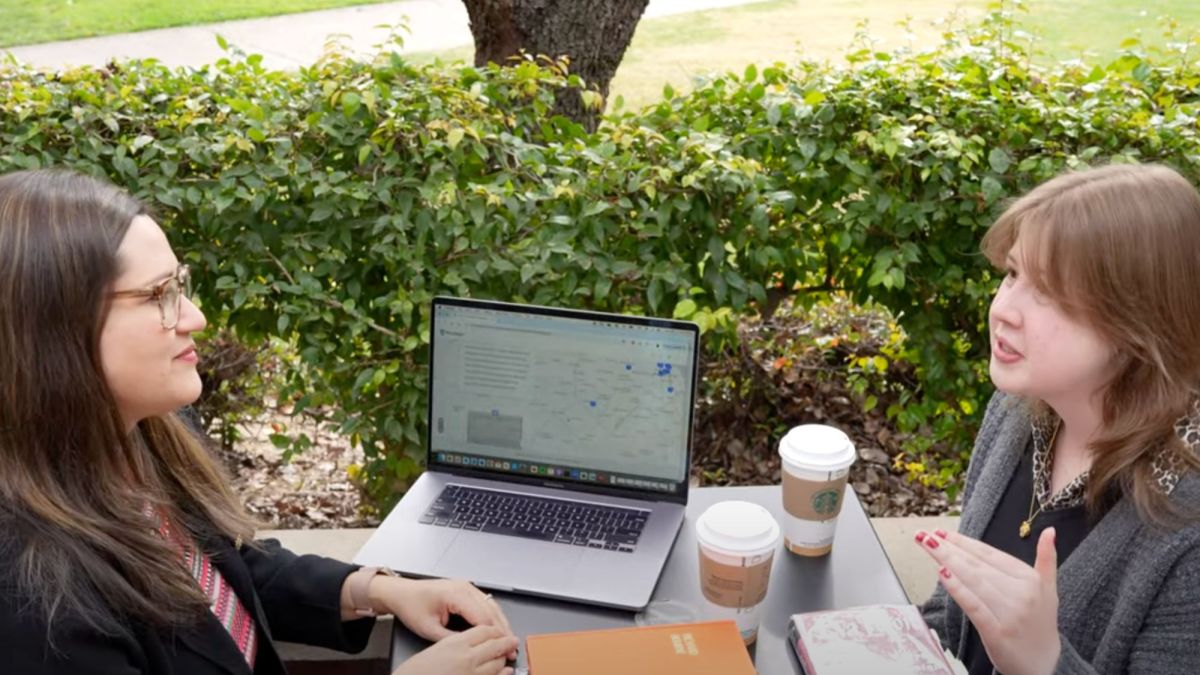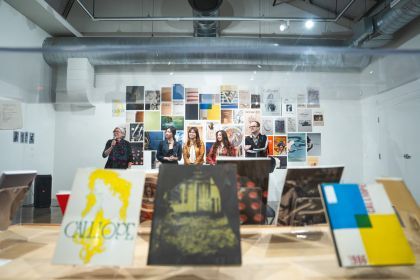Breadcrumb
History professor receives Graves Award for exceptional teaching of the humanities

University of the Pacific Associate Professor of History and Department Chair Laura Gutierrez has received the Arnold L. and Lois S. Graves Award in the Humanities, a prestigious award from Pomona College and the American Council of Learned Societies recognizing early-career humanities faculty across the California, Oregon and Washington region.
Gutierrez is one of only 13 faculty members selected from nearly 50 institutions. As part of the recognition, recipients receive $15,000 to fund a research project.
“The Graves Award is really a recognition of teaching, and the goal is to think about how professors can incorporate teaching and research,” Gutierrez said. “One of the things I want to do with this project is to get students involved and think about how their research and their work connects directly to the community.”
Gutierrez’s project centers on the Bracero program, a labor agreement signed in 1942 by the United States and Mexico during World War II. It created short term contracts for Mexican men to work in the U.S. to address the wartime workforce shortage.
Stockton was the first city to employ the Mexican laborers, known as Braceros. The research project will provide insight into how the program impacted the city’s community and culture.
“The program continued for over two decades and finally ended in 1964, but during that time, you have millions of people coming to the U.S. from Mexico, and so many people in Mexico can trace their connection to the United States through this Bracero program. No one's done a project that looks at what the larger outcome of this program in Stockton has been,” Gutierrez said.
The award provides funding for undergraduate research assistants and resources to work with community organizations to host informational events and recruit community members to share their stories.
“It’s been eye-opening analyzing community connections through this project, thinking about these generational chains, and asking why do people come back to Stockton? What would Stockton be like if we hadn't had the Bracero program? It’s been incredible to think about how what was originally intended to be an emergency wartime labor program, fundamentally reshaped us,” she said.
Lee Skinner, dean of the College of the Pacific, said the research provides an outstanding learning opportunity for students.
“Professor Gutierrez is an exceptional educator who empowers students to apply their classroom learning to real-world issues,” Skinner said. “Through this project, students will gain a deeper understanding of identity, migration and resilience, while helping to preserve an important and often overlooked chapter of Stockton’s history.”
Gutierrez hopes to create an online digital history archive as part of the project. Students will be empowered to conduct oral histories with former Braceros, their children and people in the community who remember the program.
“Beginning the project, I found that three out of the 20 students I spoke with had grandfathers who were Braceros here in Stockton. Sometimes they went back to Mexico, and then years later, came back. For some, Stockton was a place they wanted to go back to. It’s interesting to explore how that connection is still very much present,” Gutierrez said.
“The humanities are amazing because they teach us to examine what makes us different, and what makes us the same,” Gutierrez said. “There’s a lot of emotion, there's a lot of connection, and you can't really think about that in in a lot of other disciplines.”






